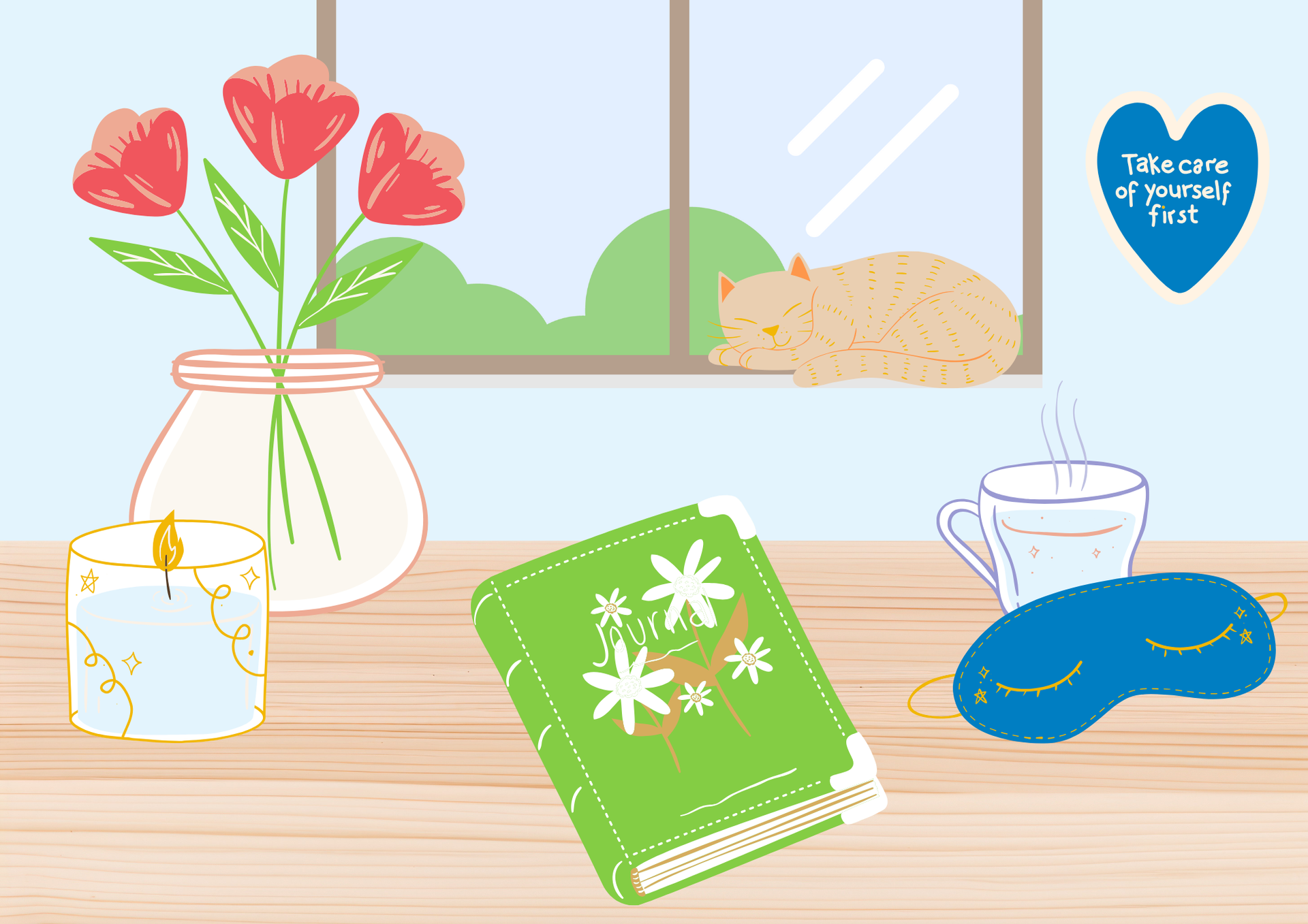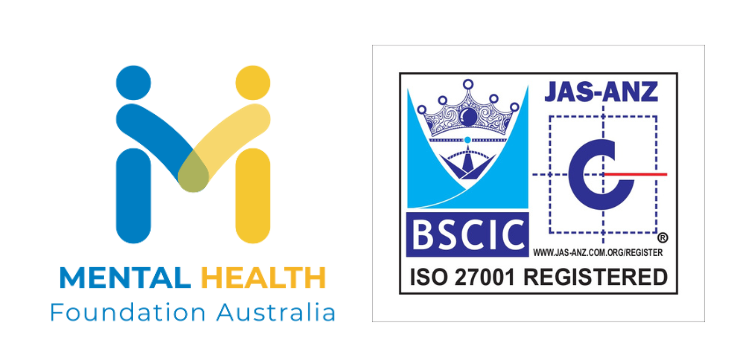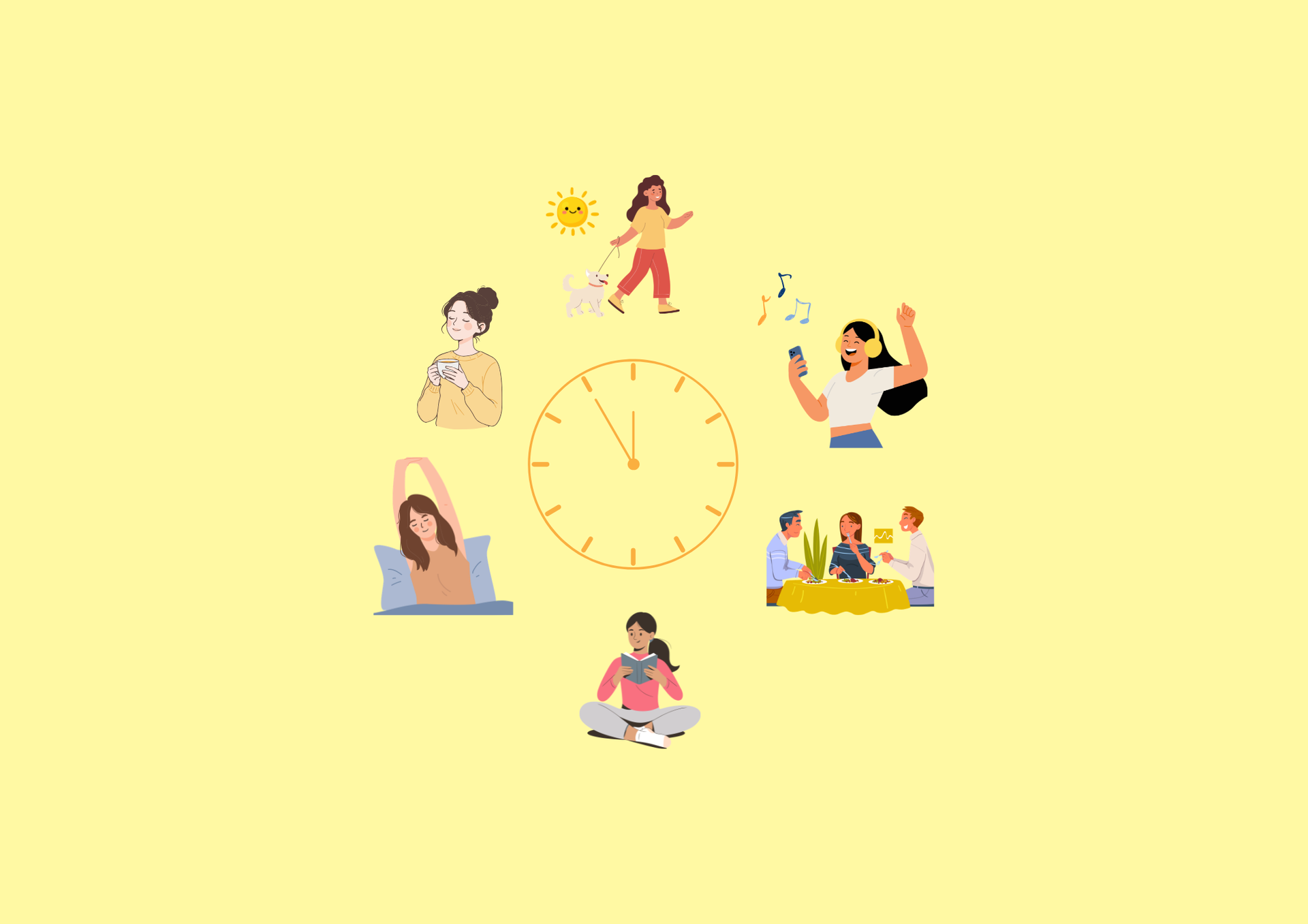Taking proactive steps towards wellbeing

Just like we aim to exercise on a regular basis, our wellbeing must also follow a similar regime. Now our brain can be good for a few things, but it may not be as useful if we fail to recognise that we need time to indulge in activities that soothe the mind.
This World Mental Health Day, we want to encourage you to notice what makes you thrive. Prioritising your own wellbeing encourages growth in the right direction- being the best version of yourself.
Why is mental health important?
Reported by the Australian Institute of Health and Welfare (AIHW), about 2 in 5 Australians aged 16-85 (22% or 4.3 million) have experienced a mental disorder. Yet, within 2020-2022, only 17.4% of Australians of this age group saw a health professional for their mental health.
Mental health struggles are worldwide, and your wellbeing is challenged at the hands of your daily life. It is important to understand that your body and mind co-exist to shape your social and physical ventures. When struggling with your mental health, your ability to think, feel and act is affected by your current wellbeing levels.
Practising healthy wellbeing habits extends not only to how you feel about yourself, but your social relationships with family, friends, colleagues and strangers. It can be difficult to avoid the mental stress in our lives, but with habits that boost your wellbeing, you can build resilience and the confidence to tackle them day by day.
7 Ways, 7 Days
A simple and easy way to start prioritising your wellbeing is self-care! You can find below 7 ways to take steps towards bettering your mental health over 7 days.
Day One – Journal your thoughts and feelings
Journalling your thoughts is a great way to release any stress, tension or energy that is affecting your mental health. It provides a safe space where you can reflect and identify any of your needs you are neglecting and a first step into prioritising your wellbeing.
Day Two – Watch the sunset with a cup of tea
Something as simple as sitting down and having a cup of tea is an easy way to ground yourself and reset after a long day. Acts of self-care do not need to be dramatically planned events, it can be a small thing, like having your favourite drink, where you take the time to consider yourself.
Day Three – Create a morning routine
Creating a routine and sticking to it can be a great way to help us recharge, manage stress, motivate us to get out of bed and prioritise our happiness and health. An example of a morning routine could be; avoiding screens for the first 10 minutes of your day, treating yourself to a coffee and a five-minute meditation.
Day Four – Reconnect with a friend
Social connections are key in relieving overwhelming emotions and calming our nerves. Talking to someone that you trust and feel comforted by can feel like a huge weight off our shoulders. You can reconnect with a friend by text, via a phone call and over a coffee to improve both of your social wellbeing!
Day Five – Write down three things you are grateful for
Writing things down can enhance your mental clarity and boost mindfulness when reflecting on the things that bring you joy and happiness. It gives the opportunity for your brain the recognise the good things in your life, especially if you are experiencing mental hardships.
Day Six – Listen to music and go for a walk
Nature can be powerful in changing our perspective of our circumstances, providing awe and wonder that can be a natural mood booster. By combining this with exercise and music, we can regulate our emotions, boost our moods and increase self-esteem as an act of self-care.
Day Seven – Watch your favourite feel-good movie
Movies can be a wonderful tool to help us recharge, decompress and regulate. It provides an escape from our minds allowing us to connect and reflect on the story we are being told. Remember though, we are what we watch, so make sure the movie you pick is one that brings joy, not a true crime, sad story.
Taking the first step!
At the MHFA, we have many ways for you to prioritise your wellbeing such as our Wellness Hub, where we provide low-cost $30 counselling sessions or our Support Groups which cover a range topics such as bipolar, trauma anxiety and depression.
To reach out for support you can visit https://www.mhfa.org.au/get-support
There is no one way to support your wellbeing. Habits can be varied and tailored to you, but that’s what makes it’s so important. Recognising what makes you shine and making time for yourself, especially on days that get difficult.
Co-authored by Nicolette Buick and Sarah Auslender





